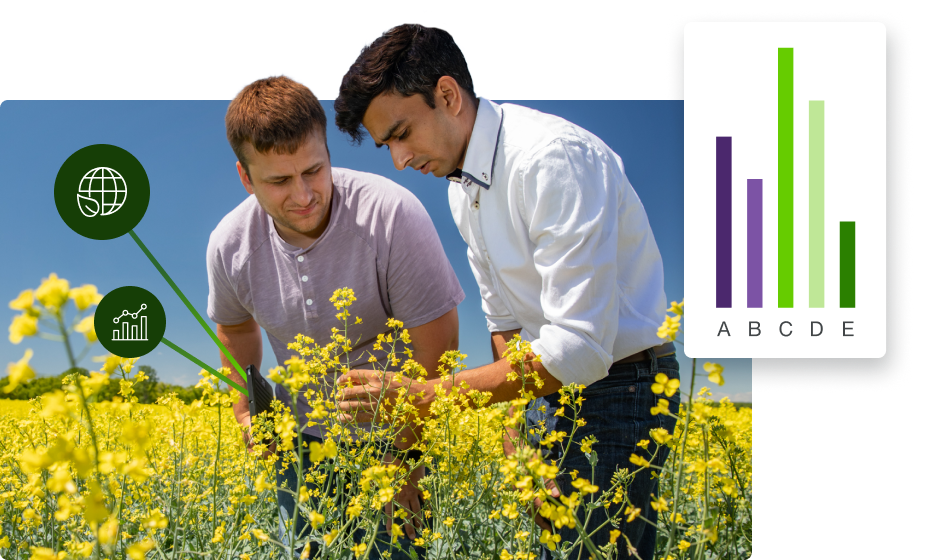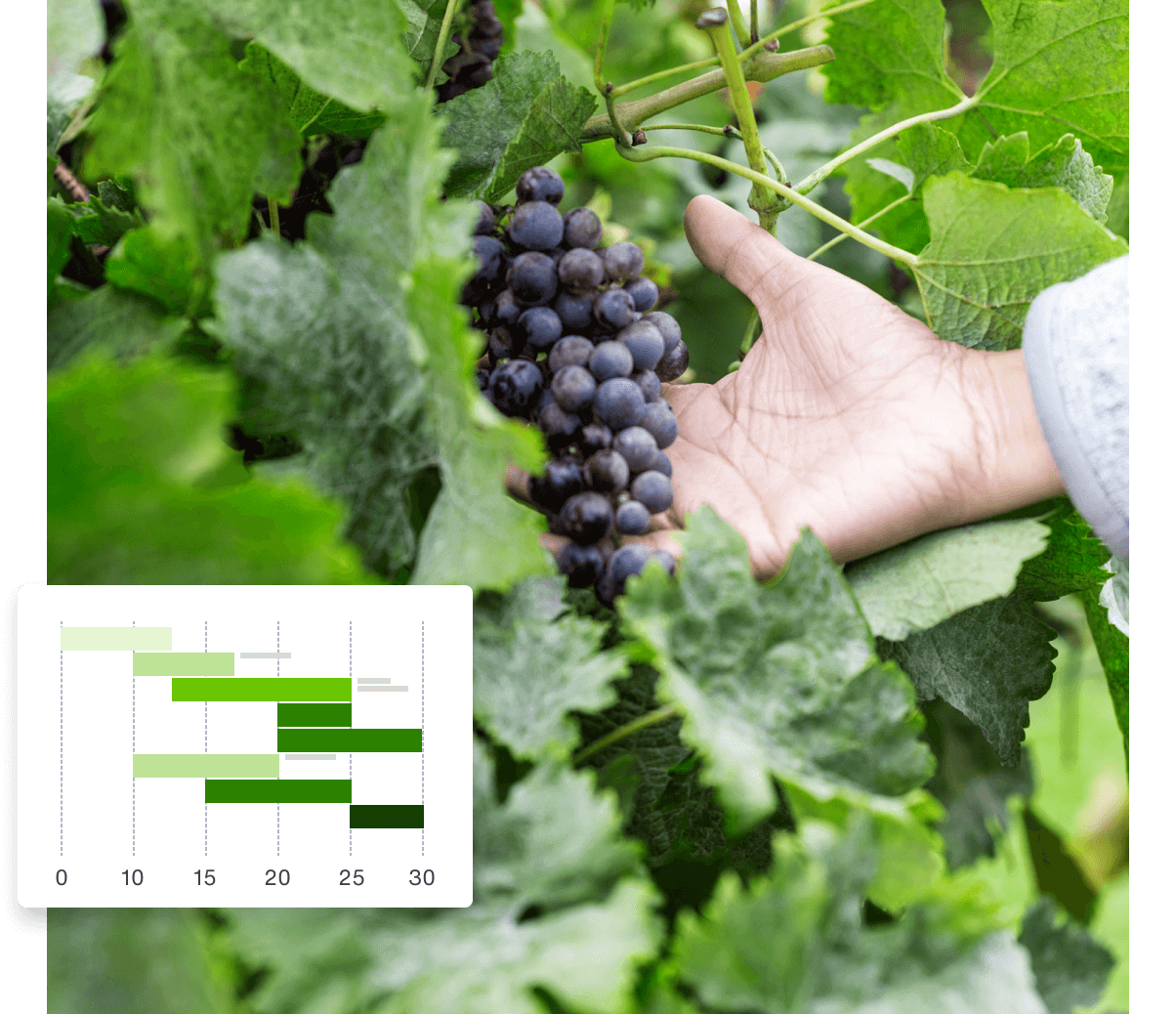

TELUS Supply Chain
End-to-end visibility of your supply chain
Improve supply chain transparency, dynamically manage risk and save time.
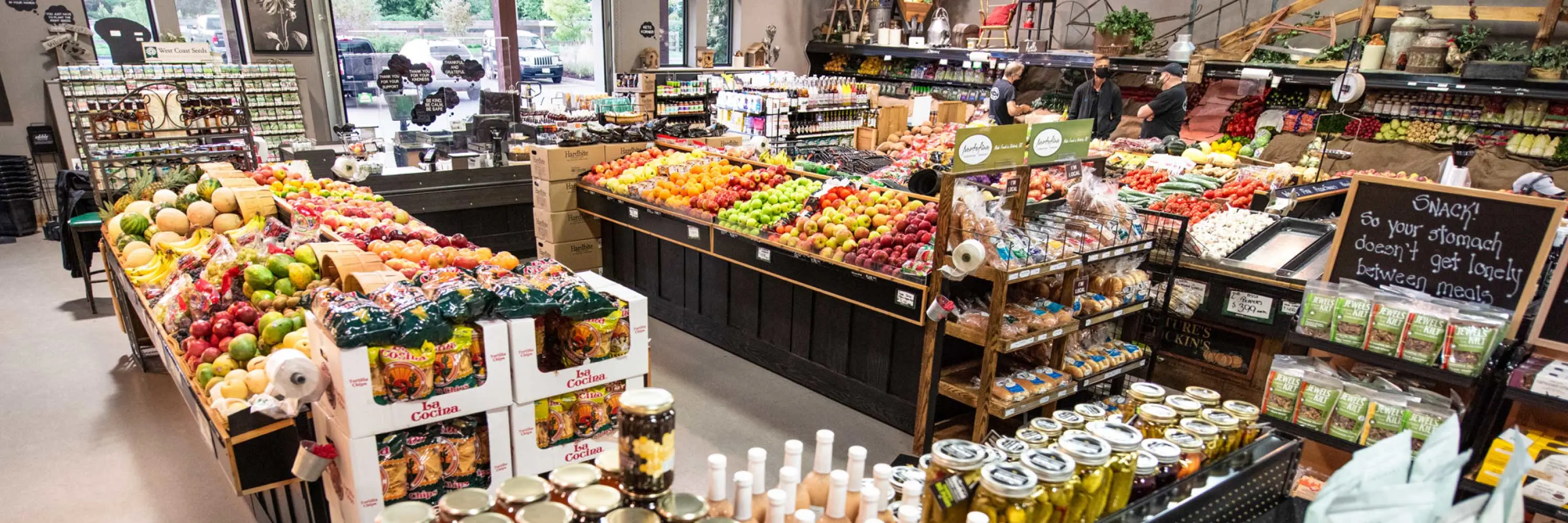
Product highlights
Visualize and interact with your supply chains
Dynamic compliance and risk management
Evidence your sustainability credentials
Food fraud and integrity risk mapping
Quick and easy custom supplier questionnaires
Proposed Pesticide Usage (PPU) management system
Key Features
Map your entire supply chain network
Enable better decision making by mapping your entire supply chain network back to source and capturing key due diligence requirements at every stage of the product journey.
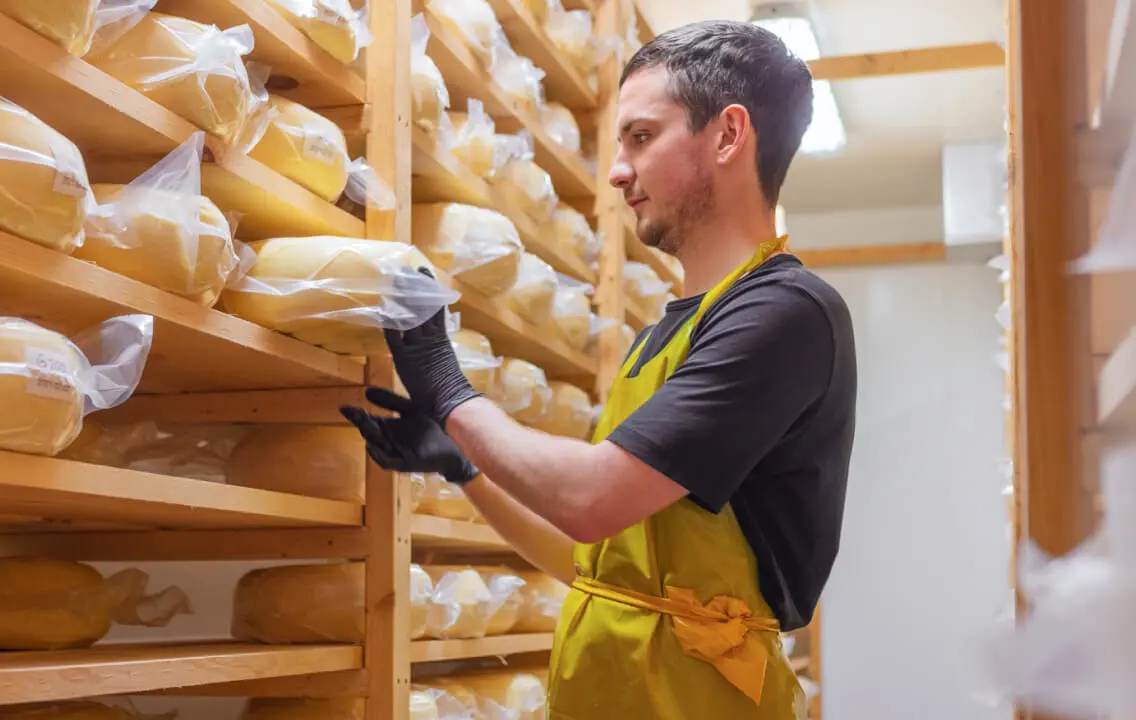
Evidence your sustainability credentials
Drive continuous sustainability performance, identifying risks and opportunities for improvements against KPIs by simplifying the collection of sustainability data from supply chain partners.
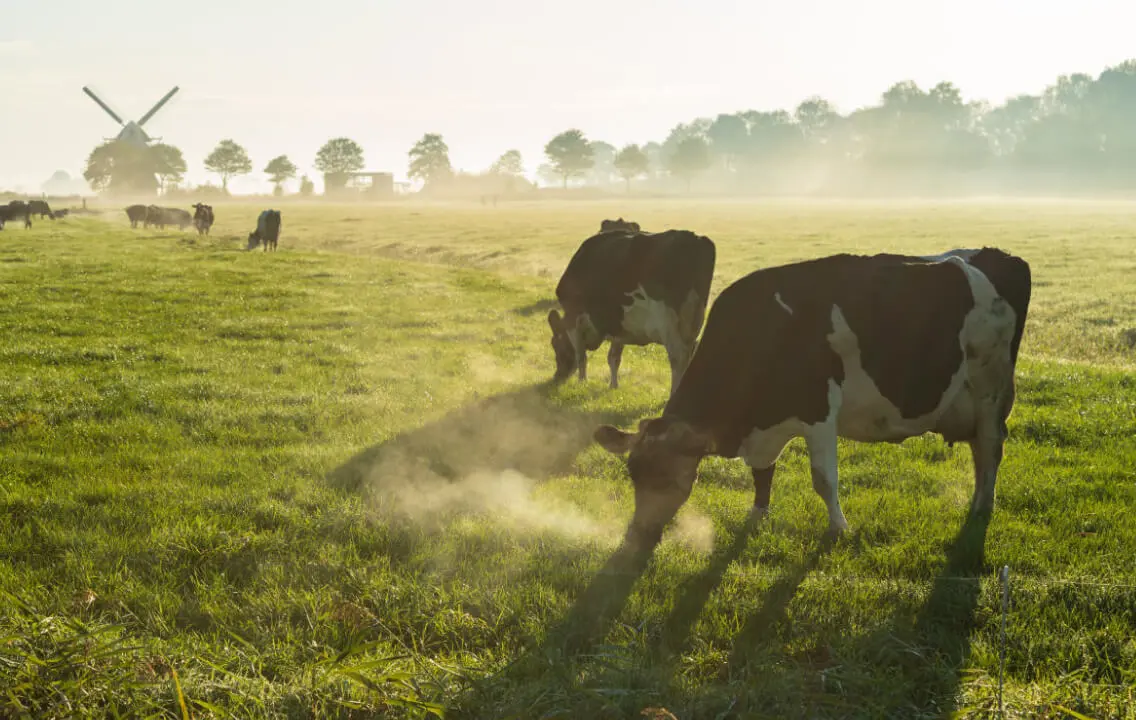
Reduce food safety and integrity risk
Reduce product recall risk and reputation damage from food fraud through greater visibility into your risk management strategy and proactively taking action when needed.
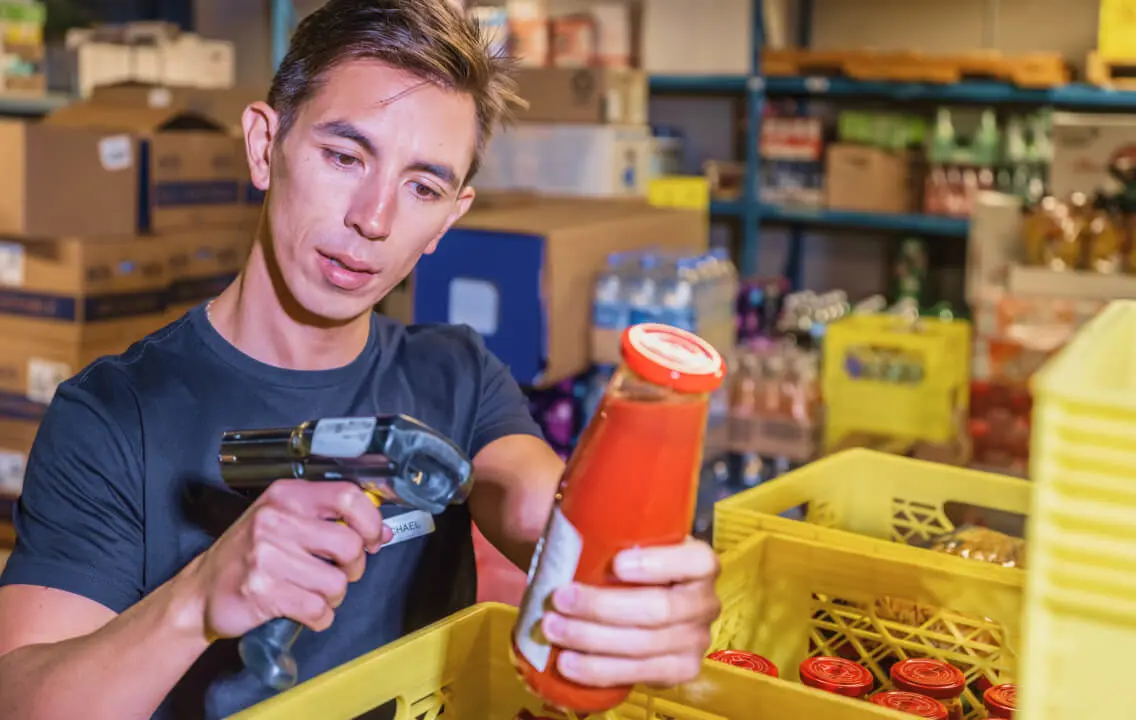
Benefits
- Prove provenance
Build more resilient supply chains and improve dependability by understanding the origin of your products and ensure you are working with the right supply chain partners.
- Reinvest your time
Reduce the administrative burden on your teams by inviting suppliers to upload and manage their own compliance documentation, in line with your requirements.
- Build brand trust
Demonstrate how you are progressing on your brand commitments by using data collected from your supply chain as real-time evidence.
- Targeted Insights
Drive timely business decisions and enable immediate response by accessing data through system-generated alerts and focused analytics tools to identify trends over time.
- Dynamic risk management
Reduce risk of recall by defining and managing risks in your supply chain and quickly identify areas of vulnerability that require your attention.
- Gather supplier data quickly
React quickly to emerging risks by building and sending targeted one-off surveys to your suppliers with easy data management and onwards reporting through Excel.
- Manage Proposed Pesticide Usage (PPUs)
A simple yet rigorous online PPU management system that links to Fera and Homologa databases providing an industry-standard platform for your approval process.
Get started today
Contact us and a TELUS Agriculture & Consumer Goods sales representative will be in touch to assist you.
Schedule a call with an expert